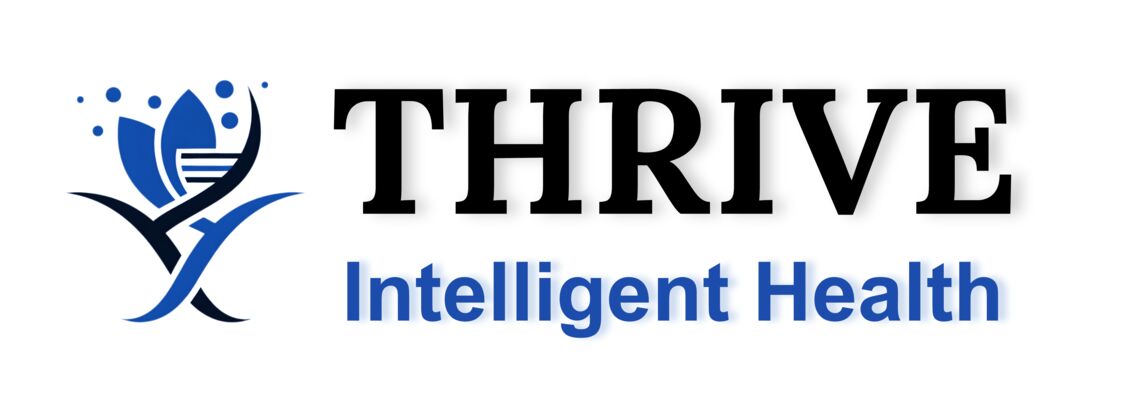Overview
Type 2 inflammation (characterised by eosinophilic) plays an important role in asthma and chronic rhinosinusitis, two chronic airway inflammation diseases. T2 asthma usually responds to classical bronchodilation therapy and corticosteroid treatment and can be controlled with newly developed T2-targeted biologic therapies such as anti-IgE (omalizumab), anti-IL5 (mepolizumab, benralizumab and reslizumab) and IL-13, IL-4R (dupilumab). However, in some patients with severe asthma (especially late-onset T2 asthma), airway eosinophilic inflammation persists despite corticosteroid treatment. This group is defined as having non-T2 or T2-low asthma. There is an urgent need to develop a new biotherapeutic molecule to address non-T2 asthma, which is the main aim of this project.
The other aim of the project is to develop an inhaled form of biotherapeutics, either in the form of nebulised or dry powder for inhalation. The route of administration for most of the biologics approved for treatment of T2-asthma is through parenteral injection. Pulmonary delivery is an attractive, non-invasive alternative route of administration, which allows a local delivery of biologics to the target inflammation site. Despite the benefits of pulmonary delivery, the development of inhalable biological drugs is a challenging task. Recently nebulised interferon beta-1a has been tested for COVID-19 patients, showing a positive response.
This is a collaborative project between the THRIVE at UWL and the School of Pharmacy (Dr Lam) at UCL to investigate the feasibility of developing inhalable forms of biotherapeutics for sever chronic inflammatory diseases.
Objectives
- Engineer a novel bispecific antibody that targets key non-T2 inflammatory pathways
- Evaluate pharmacodynamic and pharmacokinetic properties of the molecule
- Develop and test pulmonary delivery formats—nebulised or dry powder
- Optimise local bioavailability in inflamed lung tissue
- Assess efficacy in relevant preclinical models of asthma
Innovation
Unlike currently approved biologics which are administered parenterally, this project focuses on inhaled delivery—an attractive, non-invasive alternative that enables:
- Direct targeting of the inflamed respiratory epithelium
- Reduced systemic exposure and improved safety profile
- Enhanced patient compliance and quality of life
Recent studies (e.g. inhaled interferon beta-1a for COVID-19) demonstrate the feasibility and clinical potential of this delivery route for biologics.
Collaborators
This is a joint initiative between:
- THRIVE Centre, University of West London
- School of Pharmacy, University College London (Dr. Lam)
Technical Approach
- Antibody Engineering: Bispecific construct design and stability assessment
- Formulation Development: Nebulised solution and dry powder inhaler formats
- Delivery Testing: Aerodynamic profiling, lung deposition simulations
- Efficacy Validation: Biomarker response in cellular and in vivo models
This project exemplifies the translational spirit of THRIVE—fusing pharmaceutical biotechnology and pulmonary delivery to pioneer next-generation treatments for chronic airway diseases.

